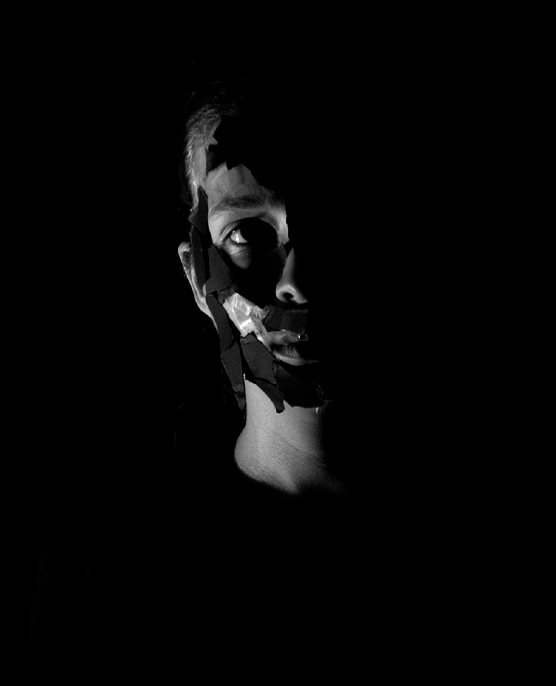By Amanda Marzouk
A 14-hour flight at 14 years old marked a premature independence as I struggled to lift my 50-pound luggage onto the scale, just barely making it to the free check-in at the airport. My summer trips to Egypt revealed more than the grip of my grandparents as they squeezed the “America” out of me, or even the scorching heat that flushed my face. I entered the apartment to find an overjoyed family that filled it.
A normal day consisted of storytelling as my grandma hunched herself on the concrete ground while I laid next to her with fascination on my face and numbness in my feet. Sharing every minuscule detail of my ancestry, Grandma Alice made me realize both the courage and sacrifice that brought me to where I am: my grandfather who served to protect Kuwait during its invasion by Iraq, my great aunt who always smiled and shared a laughable personality like mine… I preserved every part of it.
Sometimes my grandma ran out of stories after three riveting hours, so my cousins and I would head to the streets. We enjoyed walks on dusty gravel roads and finding rhythmic beats to the horn-honking cars that whooshed past us. We picked the grassiest area with our buckets full of watermelon seeds from the bazaar and just picked away, only the clicking sounds of its opened shells passing time. Outside, we could simply be. Amidst the chaotic car screeches and scrambling bazaar sellers, being with my cousins felt the most serene.
We would bring out the floor table to have lunch, using bread as a spoon to slurp our molokhia vegetable soup while listening to Om Kalthoum. The warmth of familial gathering matched the burning molokhia that stung my tongue with joyous flavor. It was in these moments that I realized the vitality of my family and Egyptian culture. It was something I could not explain or comprehend, but it matched the moments I felt. It was the idea that my cousins made my surroundings comfortable and familiar. I appreciated Egypt’s simplistic lifestyle as it allowed for family love and bonding to transpire, a soundness seemingly invisible in American society.
Contrary to western stereotypes, I have never found my luxury in monetary value. I considered Grandma’s storytelling a winning lottery. I saw my idea of a mansion when I embraced my family. When I left, I squeezed my grandparents even harder, neglected the sun that once troubled me, and found a way to care for the little things like the therapeutic livelihood of gatherings.
Egypt has taught me to see the minimalistic aspects of its culture that make it so valuable. She was the sculptor that molded the way I saw myself to be: a sailor on a rippling ocean, who finds enjoyment in the utmost stillness of water currents. I continued to follow this mentality in America, learning to detail perception of the world around me. Egypt increased my observance of small-scale customs like a stranger’s warm smile, helping me use my voice to emphasize that cultural differences are merely geography that separates us. As someone who is constantly learning, I saw Egypt as a bridge helping me connect America to new values, learning that little forms of kindness should be taken with much sentimental importance.
Egypt made me cherish its ability to capture images of heartfelt beauty in ancestry and satiating storytelling, allowing me to find my home in the arms of a true mother country. In the chaos of cultural differences, I found the hidden light of optimism and ambitions of seeing peace in others, finding serenity in the things that go unnoticed: culture, social justice, oral retellings of history.
I continue to sail through a blissful ocean, hearing the soft waves in a different way, remembering the little moments that stayed golden.
Amanda Marzouk (she/her) ’24 majored in biology and is continuing her education at Upstate Medical University. She is from Orlando, Florida, and shares her culture as an Egyptian. Her favorite activities are hiking and spending time with family. Amanda dedicates her piece to her siblings: Sarah, Noah, and Adam.

